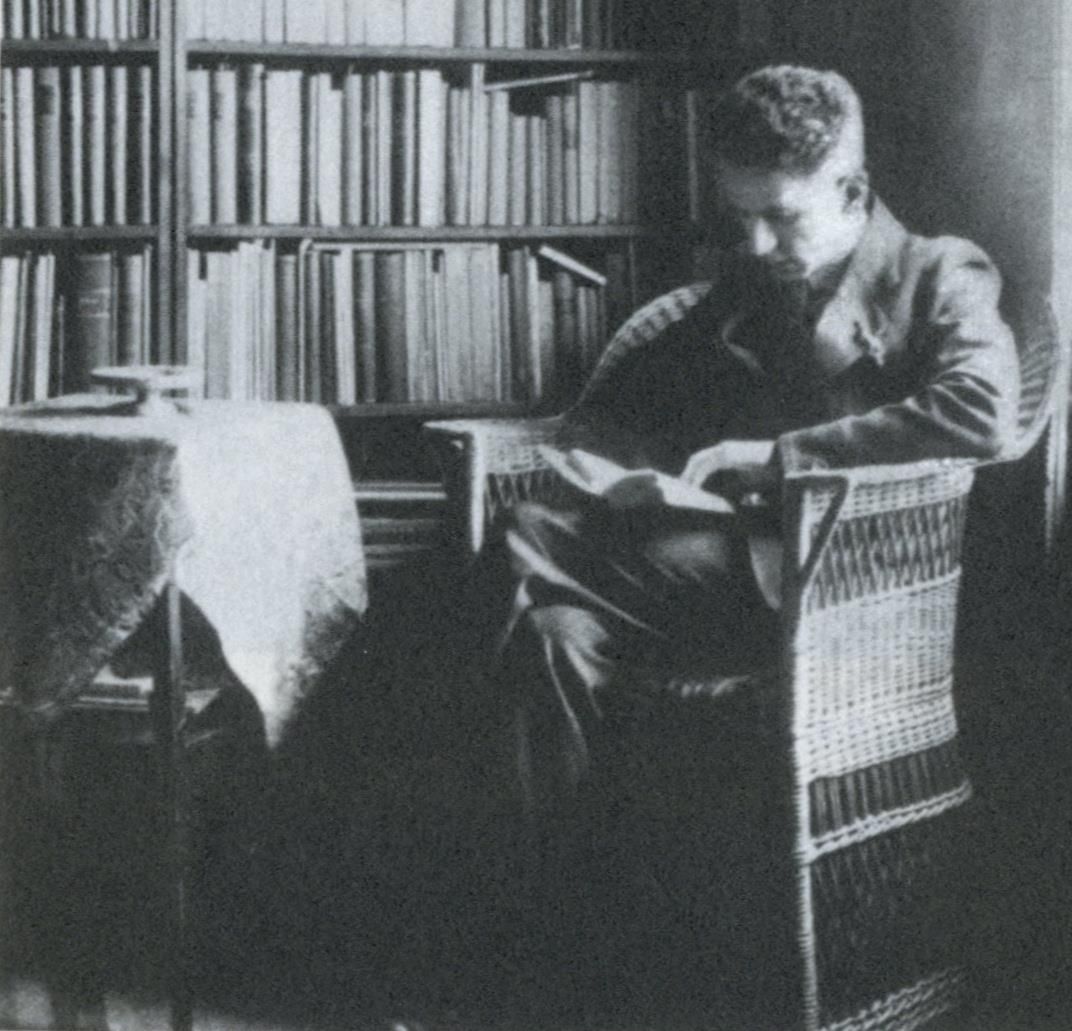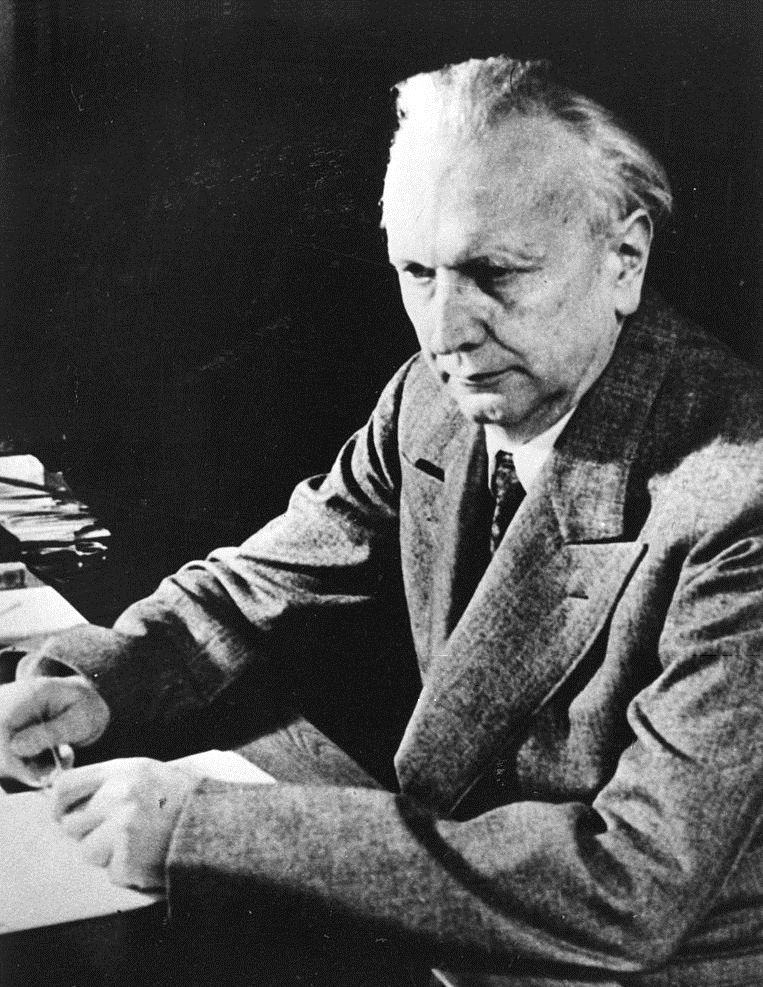【Read】Elzbieta Ettinger, "The Philosopher and Her Lover"

This book was translated by Elzbieta Ettinger, Hannah Arendt/Martin Heidegger .
If I had to sum up this book in one sentence, it would be:
This is the story of how a scumbag cheated and betrayed his friends and lovers. (wry smile)
German philosopher Martin. Martin Heidegger is regarded as one of the most representative philosophers of the twentieth century, and his masterpiece "Sein und Zeit, Being and Time" ( Sein und Zeit , Being and Time ) seems to be discussing the existence of traditional epistemology at first glance. something wrong.
But he points out a different philosophical path: the subject of philosophy, being, should not be an empty theological or epistemological concept. Being should not be seen as some kind of individual concrete entity. It should be the overall meaning that exists in this world, in the way of life that everyone has in common. And our task is to philosophically speak out the meaning of these beings that are usually hidden in our daily interactions.
We keep asking what being is, but we forget to ask: What is this being that asks about being?
This set of doctrines not only profoundly influenced the later well-known existentialism (some people summed it up as existentialism, but he denied it. But Nietzsche's research was also the first time he established a systematic interpretation), postmodernism, psychology , theology, literature.
Even the reference books listed in Jingji Natsuhiko's "The Summer of Gu Huo Bird" have appeared in "Existence and Time".
It sounds like a very influential and powerful philosopher, but if you really read Being and Time, you will find that the content is quite difficult and difficult to understand. Not telling you what existence is. (This is really a well-known bad review in the industry www)
However, what few people know is that his lecture notes are actually very ~ very ~ interesting and clear!
When you read it, you can't believe it's the same author! ( May I ask what happened when you wrote Being and Time? )
This strange phenomenon should also be proved by Heidegger's disciple, Karl. Karl Löwith (translated as Löwith in this book) and Hans-Georg Gadamer testified:
Heidegger's lectures do have a strange magic.
This magic swept the entire campus at the time, making everyone who listened to the class mesmerized.
Fortunately or unfortunately, this magic also attracted Hannah. Erlan, the female philosopher to be discussed in this book, has since opened up a relationship between her and Heidegger that cannot be said to be too healthy in her later life.
This book mainly describes Hannah. Hannah Arendt met and fell in love with Heidegger, and then Elan experienced two marriages, and how the relationship between the two changed with Elan's fame, and how the teachers and students in their later years regained their thoughts. Friendship.
The author intersperses Elan's childhood profile (with a hint of psychoanalysis), pointing out that Elan has had a fear and contradiction that desperately needs to be recognized and not seen since she was a child, which makes her desperately need the affirmation of mainstream values.
But even if you don't go back to Elan's childhood. Oran's background and the atmosphere of the era in which he lives are enough to easily fall into Heidegger's magic.
First of all, Elan is not actually a Jew who believes in Judaism in the traditional sense, but a Jewish woman whose family has been naturalized in Germany for many years and has long since converted to Protestantism. (Also Lovett mentioned below) In addition to blood, in fact, is completely a German citizen. But perhaps the deep expectation of trying to integrate into the mainstream German society after the immigrants took root here also affected her, making her have high expectations and imaginations for Heidegger.
Secondly, Lovett has pointedly pointed out that the magic of Heidegger's classroom is particularly attractive to those who are mentally handicapped, and even caused a female student to commit suicide during Nietzsche's lectures. (If I remember correctly, it should be in "Nineteen Thirty-Three: German Memories of a Jewish Philosopher")

It was a turbulent time, and the young people felt that the proud civilization and value built in Europe in the past had completely collapsed under the ravages of the First World War. This sense of self-identification and emptiness pervades the campus, and there is an urgent desire to pursue a spiritual leader or theory that can be relied upon. Later historical evolution also confirmed that this atmosphere indirectly contributed to the rise of Adolf Hitler.
I think the atmosphere of this era also affected the sensitive Erlan, making it difficult for her to ignore Heidegger's talent. Elan needs a spiritual and ideological benchmark, while Heidegger needs applause and fans. The two can't help but say that they complement each other in an unhealthy sense, and this balance was not broken until Elan became famous.

Another person who is equally difficult to ignore Heidegger's talent is Karl Theodor Jaspers, a doctoral dissertation supervisor of Erland and a friend of Heidegger.
This book compares Ellen's communication with Jaspers and Heidegger. The development of this storyline is actually to explore another dark history of Heidegger: anti-Semitism and support for the Nazis .
Whether Heidegger's anti-Semitic tendencies are true has long been a matter of academic debate. Some people even think that hyping this kind of thing is just a gossip tabloid style that everyone likes.
But since Heidegger's manuscript Schwarzen Hefte, The Black Notebooks was published in 2014, it has become clear that Heidegger has always been a staunchly anti-Semitic .
(Everyone, it seems that if there is anything bad, you must not write it down in your handbook! www)
Originally, we may not have seen Heidegger's original appearance only by looking at the correspondence between Ellen and Heidegger, and only let us understand Elan's admiration and fascination with a philosopher.
But with Jasper's record, we can see Heidegger's different face more clearly, he was more philistine and shrewd than Elland had imagined, and at the same time he was not wronged in the Nazi issue. He just wanted to use his friends to defend his dark history.
Two very critical events are mentioned in the book: one is Heidegger's report to the National Socialist Teachers' Union, that his assistant and doctoral student Eduard Baumgarten had a close relationship with Jews, and his political stance Incorrect, preventing his promotion. This secret report completely awakened Jaspers to Heidegger's true colors.
"In 1933, Heidegger was the only one of my friends who disagreed with me, and the only one who turned his back on me." (Hans Saner ed. Karl Jasper Notizen zu Martin Heidegger : 92)
" In my opinion he was a man who would betray his friends behind his back. " (Karl Jasper, Karl jaspers philosophical autobiography : 97)
The second is that when Heidegger was president of the University of Freiburg, he took the initiative to secretly investigate the chemist Hermann Staudinger (Hermann Staudinger, 1881–1965), and secretly told Staudinger to be disloyal to German nationalism , suggested that he should be removed from office, kept away from labs, kept away from students and not allowed to retire . (Nazis didn't do this because of Staudinger's international reputation)
In other words, Heidegger's position as the principal was not as passive and reluctant as he said, and even the investigation report was written in four days. (laugh)
It is no wonder that Lovett, who was later exiled by the Nazis, hated Heidegger to the death. Although Heidegger defended this by saying that he also helped Lovett write letters of recommendation to the United States and Japan, but according to the records of "1933", when Heidegger met him in Italy in 1936, he did not mind the With a Nazi medal!
Hey Heidegger you old thief! You support the Nazis in causing him to lose his job, and that's what you should do to help him write a letter of recommendation, right?
But when I read about Jaspers' testimony in this book, I was surprised to find that Heidegger's picture was hanging in Lovett's study all the time. Don't know if it's used as a dartboard? Or is it to commemorate this thought mentor who makes people love and hate? How can I say it, it must be a mixed feeling, right?
In short, this book is highly recommended for readers who want to read gossip about the history of philosophy and have no philosophical background.
Or the poor worms who are tortured by Heidegger's theory and full of hatred, you can scold while watching, and it may have a very good pressure relief effect. (?)
Recommendation: 4.0 ★★★★☆
Like my work? Don't forget to support and clap, let me know that you are with me on the road of creation. Keep this enthusiasm together!

- Author
- More